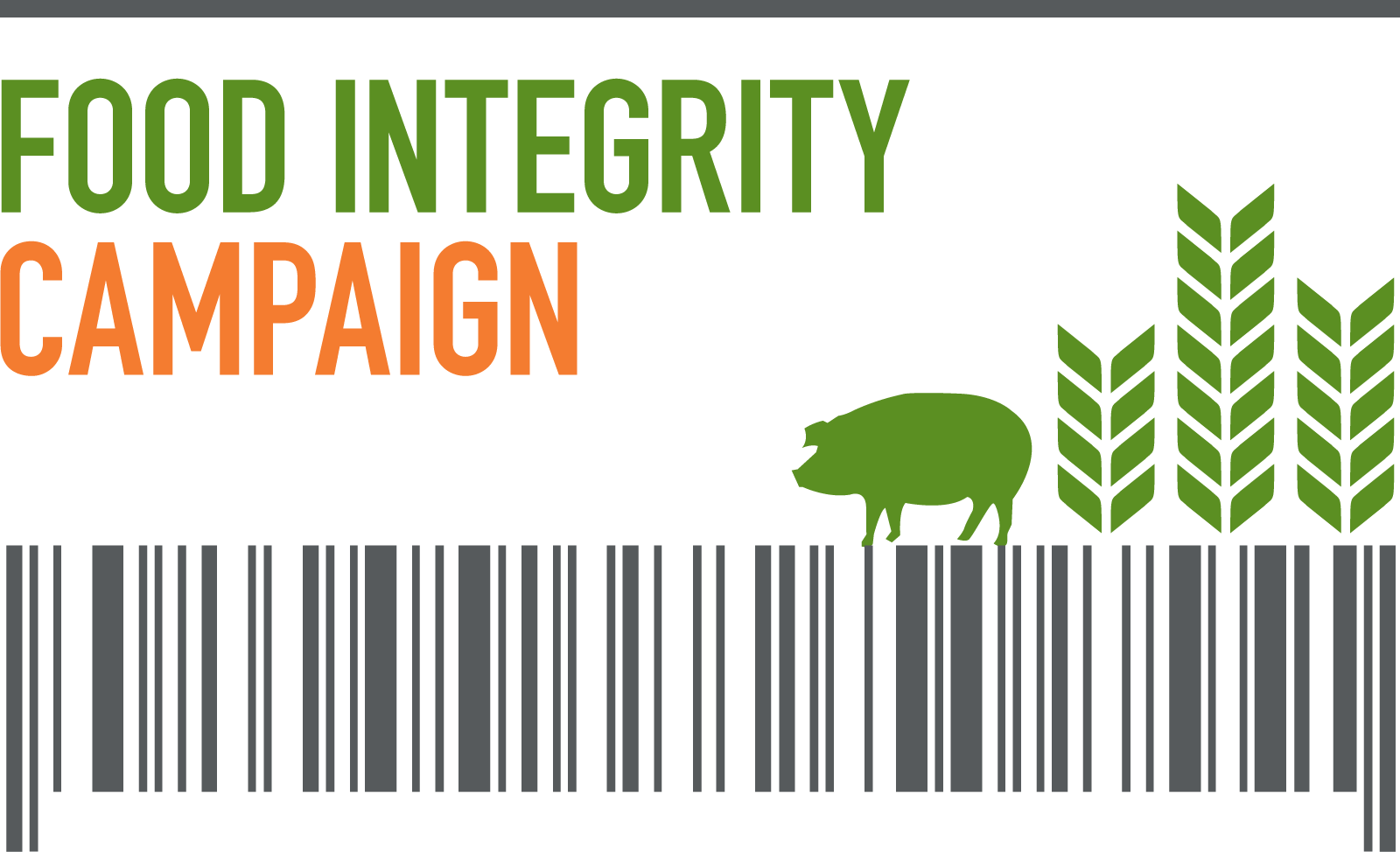Navigating the regulatory maze that is our food system can be quite a task, especially figuring out who monitors what and various agencies’ process for enforcing rules.
But when it comes to food additives, that’s the FDA’s business. Caffeine has become hit news lately, particularly its dangerous effects when mixed with alcohol. The agency’s recent move to crack down on caffeine use in alcoholic beverages is a rare one in overturning industry’s self-affirmation that its products are Generally Recognized as Safe (GRAS). According to the FDA’s press release:
The U.S. Food and Drug Administration today warned four companies that the caffeine added to their malt alcoholic beverages is an “unsafe food additive” and said that further action, including seizure of their products, is possible under federal law.
Caffeine is GRAS when used in soft drinks up to 200ppm, but before now, the FDA had no ruling on its use when mixed with alcohol. The GRAS process is set up so that industry can essentially regulate itself with FDA’s blessing. It’s actually up to the company to prove that the use of a substance is safe, and there is no mandatory FDA determination that products and components are GRAS before they enter the market.
Makers of the controversial energy drink Four Loko said they complied with FDA’s November 2009 request, and “submitted a ‘Generally [Recognized] as Safe’ (GRAS) study, which affirmed that the addition of caffeine to alcohol is indeed safe.” But now the FDA has ruled otherwise, and despite disagreement over its GRAS status, the Four Loko producer has decided to pull the caffeine out of the product.
This is a big change from FDA’s previous tendency to abide industry’s safety assertions, as was the case with ammoniated beef. Whistleblower Kit Foshee brought to GAP’s attention that Beef Products, Inc. (BPI) – the nation’s leading producer of lean boneless beef – infused its beef products with ammonia without consumers knowing (it doesn’t appear on the label). BPI asserted to government officials that ammonia effectively removed all pathogens like E. coli and was safe. Although GAP helped bring awareness to the lack of science behind these claims and official concerns of its usage, ammonia continues to escape labeling.
The fact that FDA overturned companies’ safety affirmations indicates that the agency is making efforts to reevaluate GRAS. Although it was a reactive move – an innate flaw in the GRAS process – this overturning rarely happens. FIC hopes to see the FDA continue to exercise its muscle in service of citizens – not industry.
Sarah Damian is Communications Manager for the Food Integrity Campaign.
